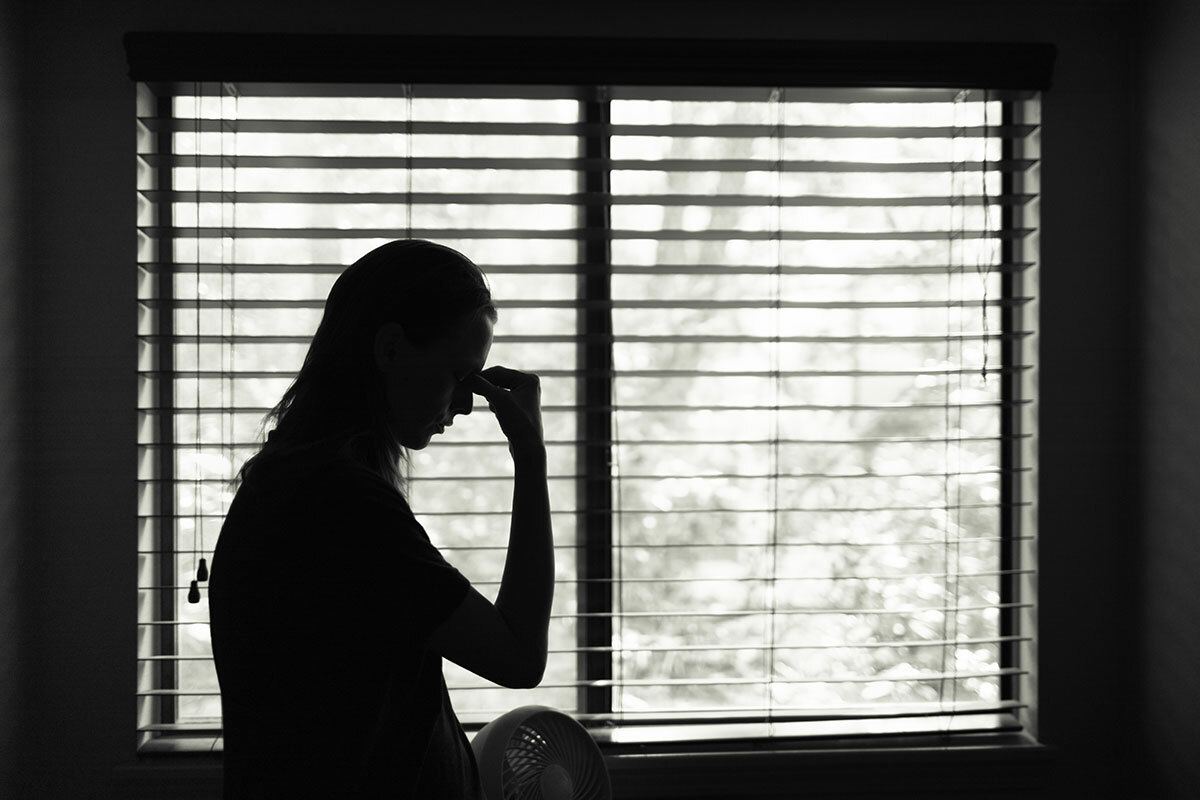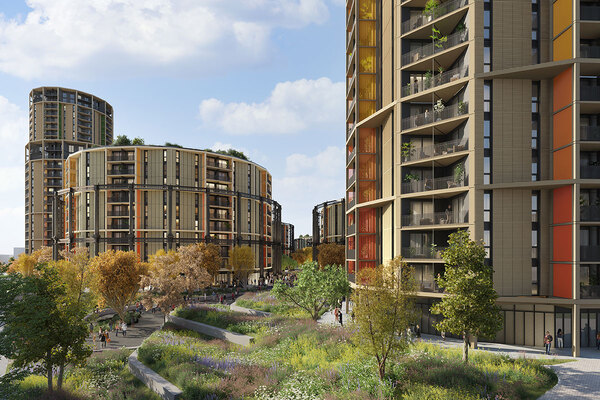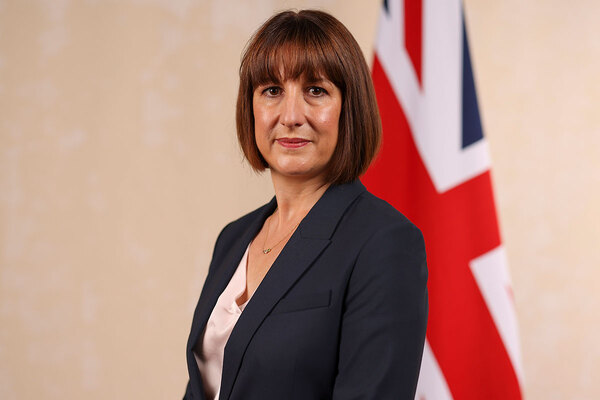Government proposes further changes to social housing rules for domestic abuse survivors
Domestic abuse survivors could find it easier to move to another area and remove their perpetrators from joint tenancies under proposals announced by the government.
In two separate consultations, the Department for Levelling Up, Housing and Communities has revealed plans to remove local connection tests for domestic abuse survivors and introduce new regulations to make it easier for them to remove their abuser from joint tenancies.
The local connection test, which prevents individuals from applying for social housing in an area they have not lived or worked in for a set period of time, has often meant that survivors are forced to live in the same communities as their abuser.
In recognition of this issue, the government is now seeking views on proposals that will enable survivors of domestic abuse who need to move to another local authority district to qualify for housing support in the new area.
Another aim of the consultation is to understand how local authorities are making use of existing legislation and guidance to support survivors who wish to move within and across local authority boundaries.
A second consultation will consider whether and how to change current rules that make it difficult for survivors to remove their perpetrators from joint tenancies.
The government will examine whether the current guidance for social landlords is sufficient to support survivors in joint tenancies and if the law on transferring joint tenancies is functioning successfully for survivors.
It will also consider the circumstances around which survivors either feel forced to stay in their home or are at risk of being made homeless by their abuser.
Evidence is being sought from a range of sources including survivors, landlords and individuals that have an understanding of the issues related to joint social housing tenancies.
By looking at the rules on joint tenancies and the local connections test, the government said it intends to make it easier for abuse survivors to either move away from their abusers and start their lives afresh, or help them to stay in their own homes if that is safe and they choose to do so.
Rough sleeping and housing minister Eddie Hughes said the consultations “will help us give victims more options to move forward with their lives in the way that is right for them”.
The consultations come off the back of a commitment the government gave during the passage of the Domestic Abuse Bill to consult on regulations to disapply local connection tests for domestic abuse survivors who apply for social housing.
The Domestic Abuse Act (2021) came into law in April last year. For the first time it set out a statutory definition of what constitutes domestic abuse and imposes new duties on public bodies aimed at tackling the issue.
Alongside the consultations, the government announced £125m in extra funding for domestic abuse survivors and their children to help them rebuild their lives in a safe environment.
The money will be handed to councils across England as a non-ringfenced grant to help ensure safe accommodation spaces, such as refuges and shelters, can provide survivors with support services including healthcare, social workers and benefits.
Interpreters, immigration advice, drug or alcohol support and other specialist services will also be funded.
Nicole Jacobs, domestic abuse commissioner for England and Wales, explained that the funding will help local authorities in England meet their duties and tackle the “postcode lottery of accommodation-based support for victims and survivors”.
She also welcomed both consultations on the impacts of joint tenancies and on local connection requirements in social housing for victims of domestic abuse.
Ms Jacobs added: “It is vital that victims and survivors can access safe housing regardless of their tenure type. That means staying safely in their own home if they want to, as well as being able to access housing in a new area if they are no longer safe where they live.”
Both consultations will run for 12 weeks up until 10 May.
Sign up for our daily newsletter
Already have an account? Click here to manage your newsletters














